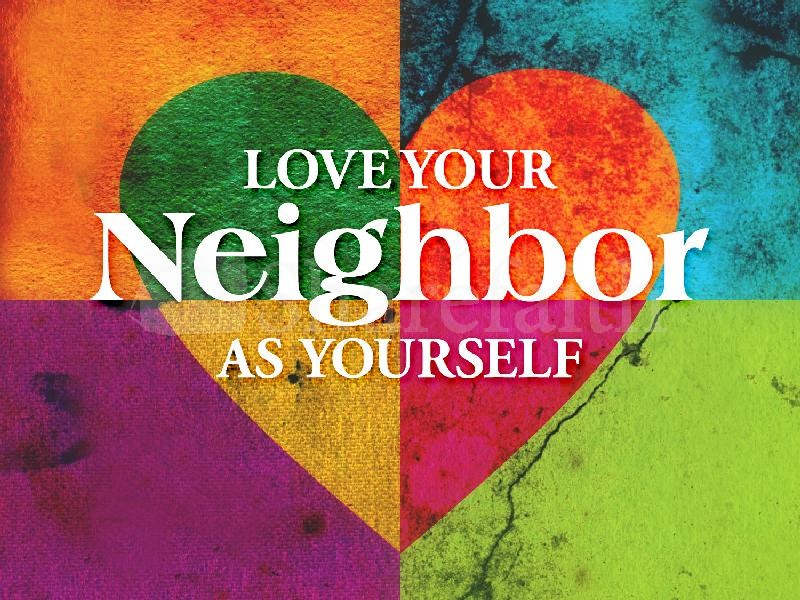Today’s readings (Mass for the school children.)
I can’t think of any better way to celebrate the beginning of the school year than by giving a teacher a pop quiz! You can all relax: I’m not really going to do that. But that’s what is going on in the Gospel reading today. The Pharisees are a group of the religious leaders in Jesus’ time who were very concerned that the law was being followed to the letter. And today they approach Jesus, who they call “Teacher,” to ask him a question. Now let’s be clear: the Pharisees didn’t like Jesus. They call him “Teacher” in a kind of mocking sort of way because they had seen him teaching the crowds. They were a little jealous, if they were honest, at how much the crowds were listening to him.
Then they ask him what they think is a trick question. “Teacher, which commandment in the law is the greatest?” Now, I think it’s important for us to know that this scholar wasn’t really interested in Jesus’ point of view, nor did he expect to learn anything from Jesus. Instead he was looking for a wrong answer, for Jesus to say something that was against their way of thinking so that they could brand him as a heretic and get rid of him. That’s what those Pharisees were all about.
It’s important for us to know that, in the Old Testament, which was the Bible in those days, there are over six hundred laws! So the Pharisees and the teachers and the scribes were always arguing about which of the laws was the greatest. This question that the Pharisee asked could easily have gotten Jesus into trouble.
But Jesus is too good for that. So what he gives this scholar, and all those who were listening in, was a very fair summary of the law and the prophets: love God and love your neighbor. And he does it in a way that they can’t argue about. He does it by quoting one of their most famous rules of life, one of their favorite laws from Holy Scripture: “You shall love the Lord, your God, with all your heart, with all your soul, and with all your mind.” Every Jew memorized that as the greatest and first commandment, so they couldn’t be uncomfortable with that answer. And when he adds the commandment of loving your neighbor as yourself, well that wasn’t going that far beyond what they had been taught. So now they have nothing to say to him.
But what is important here is that these words are for us. All of our life needs to be centered around love. If love is what summed up the law and the prophets, then it is certainly what sums up the Gospel. We too are called to love God who loved us first and loves us best. We too are called to put that love into action by loving others, every person we come in contact with. Some are easy to love, others not so much. But we are called to love them anyway.
And I really do think that’s a great thing to think about as we begin our school year. We will all be friends with some people, and others might just be people we know when we see them. Most of the time, I think we will all get along alright. But sometimes, something might happen, or something might get said, and they we get hurt. Then it’s important to remember what Jesus says in the Gospel today: “You shall love the Lord, your God, with all your heart, with all your soul, and with all your mind. This is the greatest and the first commandment. The second is like it: You shall love your neighbor as yourself. The whole law and the prophets depend on these two commandments.”
We have to remember to love, because God loves us even when we aren’t so easy to love. Even when we fall into sin, he loves us anyway. So if God loves us that much, we need to love others just like that. We need to love our neighbor, no matter who that neighbor is, no matter what race that neighbor is, no matter what part of town they come from or what their parents do for a living. We have to love them when it’s easy to love them, and we have to love them when it’s not so easy. Because our God loves us just like that.So think about this as you pray today: how will you love others today? Who is hard to love? What will you do to love them anyway?
![Friday of the Twentieth Week of Ordinary Time [Mass of the Holy Spirit]](https://father.mulcahy.net/wp-content/uploads/2021/08/Love_you.jpg)



You must be logged in to post a comment.